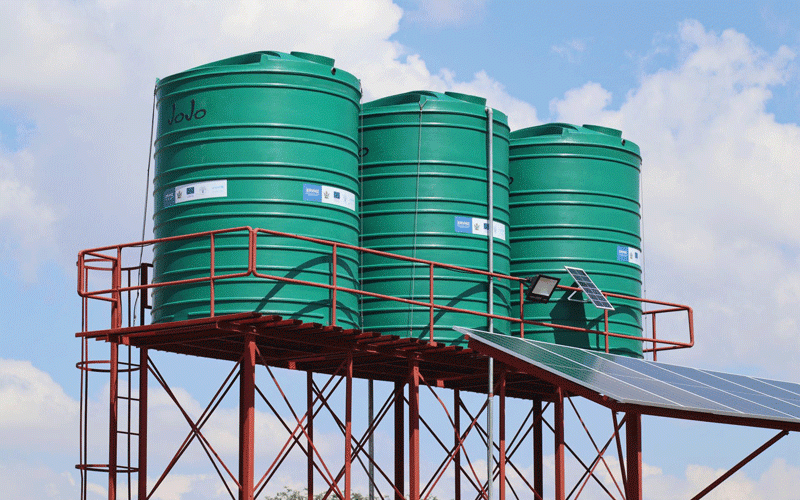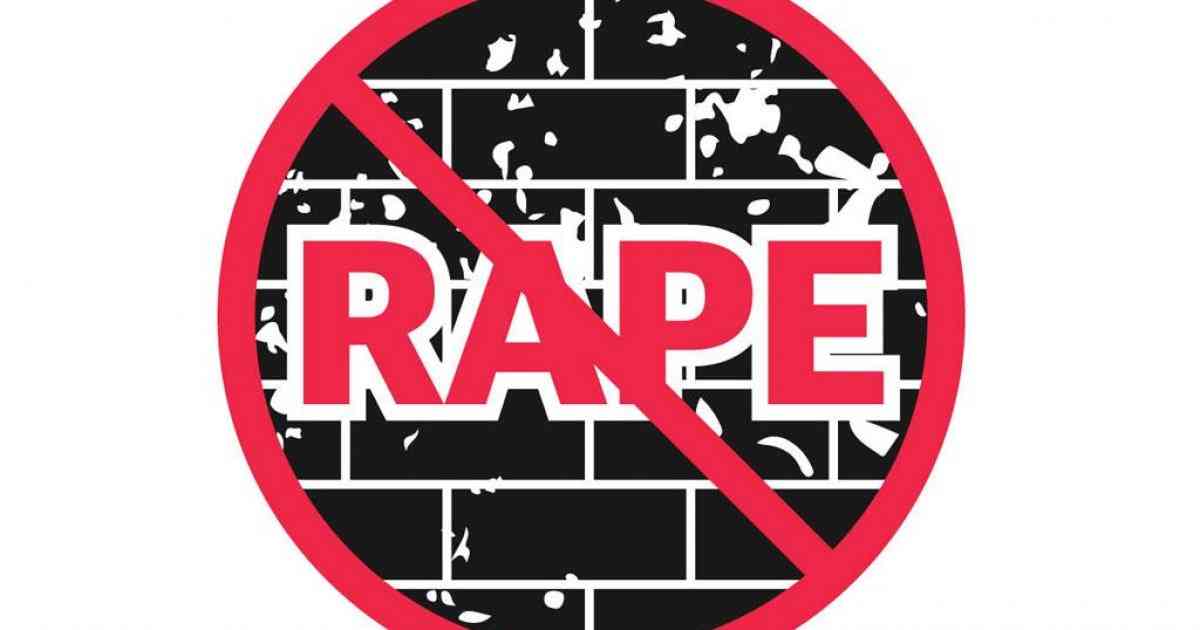
MANGWE — Pens and notebooks in hand, people from Silima village in Matabeleland South’s Mangwe district discuss the maintenance and security of a piped water scheme that is changing lives in the arid area.
“The European Union paid for it, but it is ours; it is our duty to take good care of this facility,” said Richard Nkomo, the headman for Silima village.
After agreeing on maintenance and security modalities, women and men sprung from their plastic chairs and wooden stools to break into song and dance.
After enduring severe water scarcity for decades being worsened by climate change, people were celebrating the construction of a piped water scheme that now provides tapped safe water to 197 children and 10 members of staff at Silima Primary School and the 97 households in the community.
Before the construction of the facility, community members used to get water from a dam several kilometres away from their homesteads, a source they shared with livestock and the school was getting water from a hand pump fitted borehole about one kilometre away from the school.
The piped water scheme was funded by the European Union and implemented by Unicef and the Food and Agriculture Organisation (Fao) in partnership with the Mangwe Rural District Council, Goal Zimbabwe and other government agencies under the Enhancing Resilience for Vulnerable Households in Zimbabwe or ERVHIZ project.
In the community, it has brought relief — and responsibility.
To build resilience and ensure sustainability, communities are transforming from mere consumers of such piped water schemes to becoming vanguards in safeguarding the sustenance of the facilities.
- CCC urged to push for dialogue over reforms
- A peep into Matenganyika’s artistic closets
- The Bioskop Short Film Competition is back
- Mangwe farmers benefit from agric projects
Keep Reading
“The enthusiasm shown by the community is a big plus.
“They feel they own the facility; they won’t be running back to the EU or the council each time they face challenges, they can resolve them on their own,” said Sinenhlanhla Moyo, the acting social services officer of Mangwe Rural District Council.
Moyo praised the participation of women.
“Women and children are most affected by water challenges, so we are happy that they are at the forefront of organising the community for the project,” she said.
“They are turning out to be the real project champions.”
From conception to implementation and now maintenance and security, Unicef, FAO, Mangwe Rural District Council, Goal Zimbabwe and their government partners used a community-based, inclusive, and participatory approach.
During construction, community members volunteered their labour to dig trenches and provided sand and bricks for the works.
“That was the easy part,” said Simanga Moyo, a member of the water point committee.
“Maintaining it is much more vital for development and social cohesion.
“Children, pregnant women, and the elderly are now getting safe water closer to their homes.
“Conflicts that used to arise as people fought for water are now a thing of the past.”
Moyo and other committee members were trained on how to maintain, secure, and operate the facility and on drafting a constitution to guide operational issues and the tasks of the water point committee members.
Council played a leading role in the construction of the facility, an innovative development welcomed by the local authority as “empowering”.
“It was our first time doing this, but it has enriched us in terms of the experience we garnered. It was challenging, but we managed to run the race through the guidance of our partners,” Moyo added.
According to Unicef, climate adaptation and mitigation efforts, which also underpin resilience, must be holistic to include protection, water, sanitation, hygiene, and nutrition in complement to climate-smart agriculture, income, and renewable energy.
These are all on show in Silima. The community will also be supported to eliminate open defection to ensure that everyone lives in a clean environment, that also safeguards the quality of their drinking water
Three tanks with a capacity to carry 10,000 litres of water each imposingly sit atop metal stands; solar panels power the borehole that supply water to about 100 households and close to 200 learners through a network of 15 taps.
Apart from its own, the school is also going to host a community nutrition garden that will come in handy when food prices have spiked amid less reliance on erratic rains for food production.
Livestock in the cattle-rich area drink from a trough built as part of the project.
For Nkomo and other community members, the life-saving effect of the facility is pushing them into action to ensure every local person feels obligated to take good care of the piped water scheme, including through cash contributions.
“Apart from improved hygiene, this scheme will take care of our nutrition and household income.
Based on community review of the demand and supply of the water, we intend to have some gardens, and we can sell vegetables and use part of the money to make sure that this property, our property, is well maintained,” implored village headman Nkomo.









